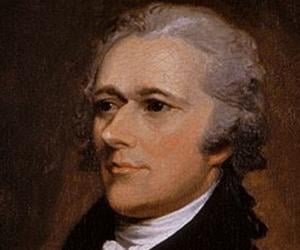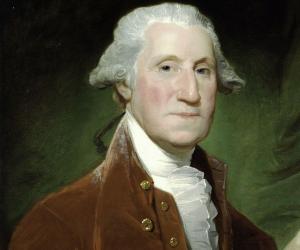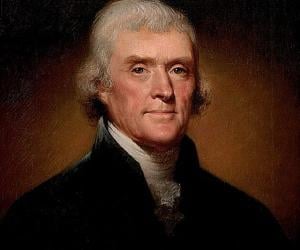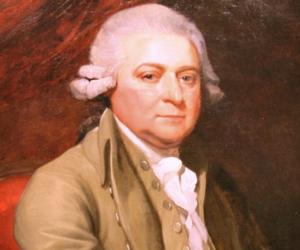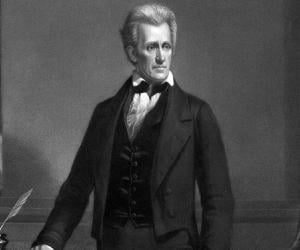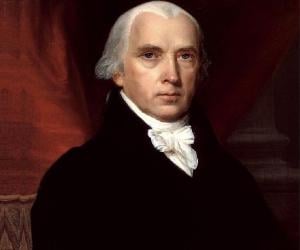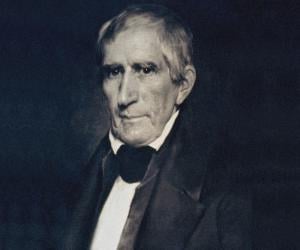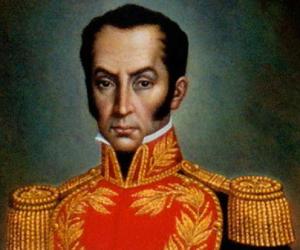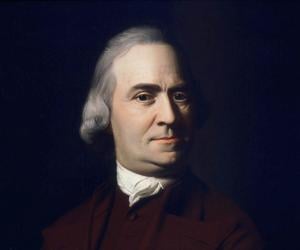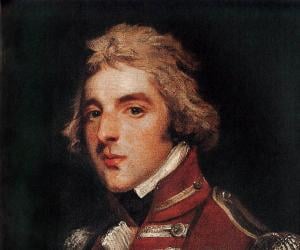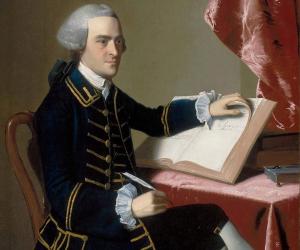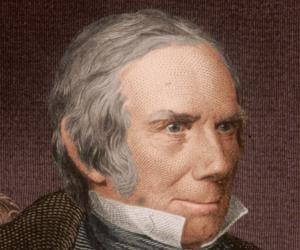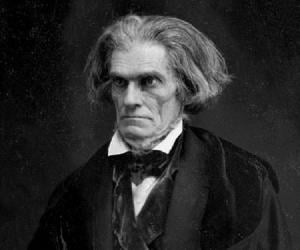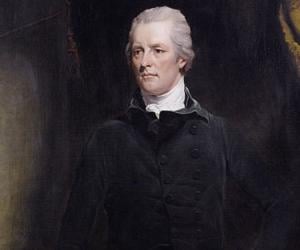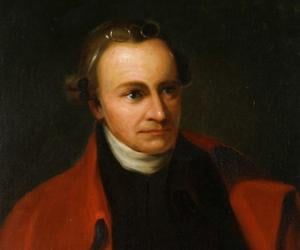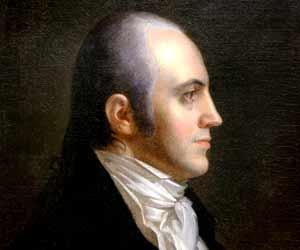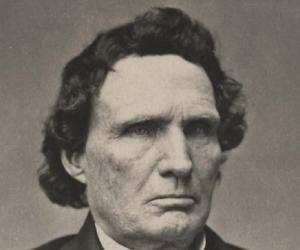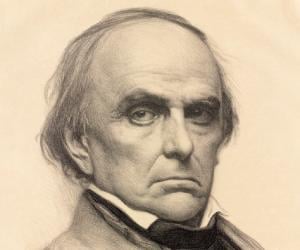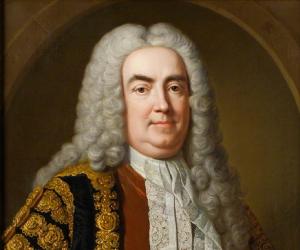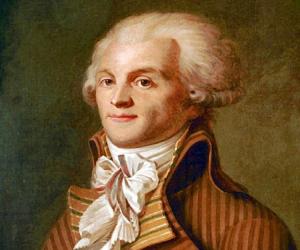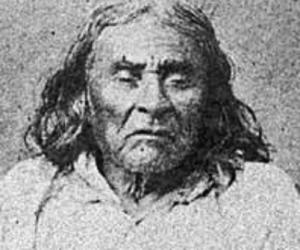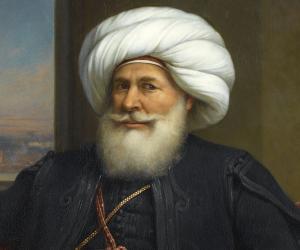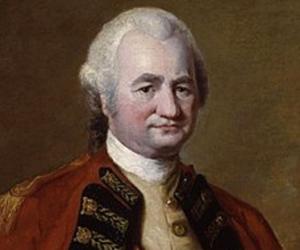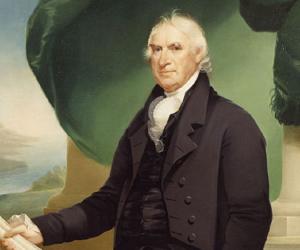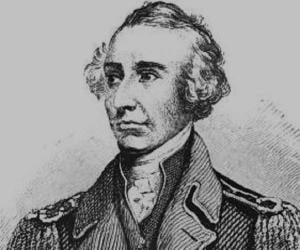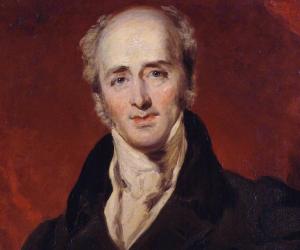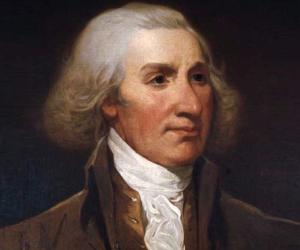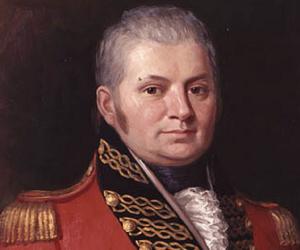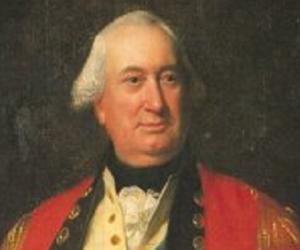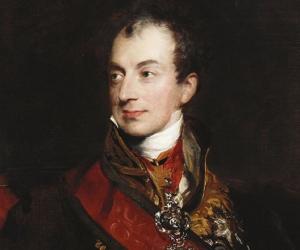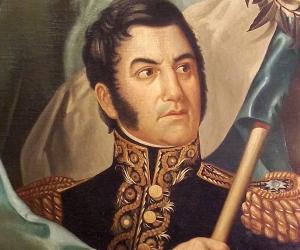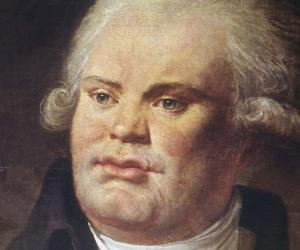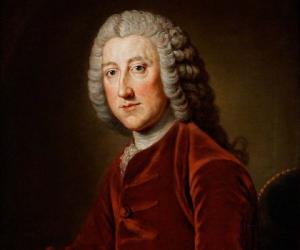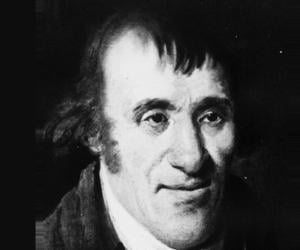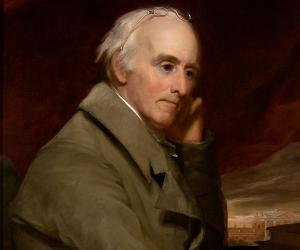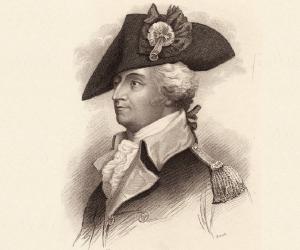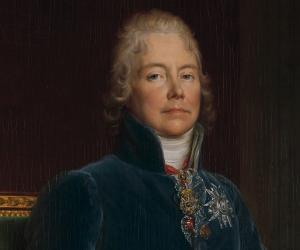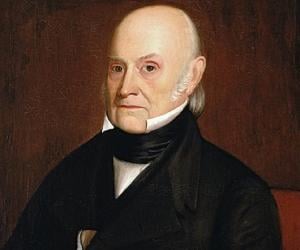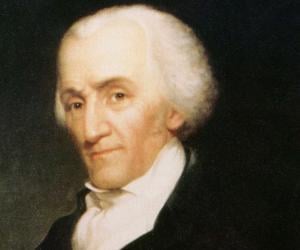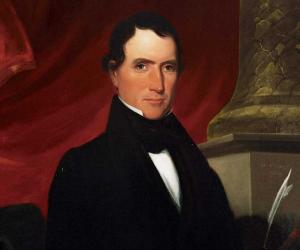Known as America’s one of the most influential Founding Fathers, Alexander Hamilton was a delegate to the Constitutional Convention and served as the first secretary of the treasury. He also fought in the American Revolutionary War and was considered as a leading votary of the strong central government.
America’s first president, George Washington led the country with integrity, firmness and prudence that made him one of the greatest presidents in American history. He became a national hero before assuming presidency, when he led the Continental Army to victory against the British during the American Revolution.
The 2nd Vice President and the 3rd President of America, Thomas Jefferson was one of the Founding Fathers of USA and the principal draftsman of the Declaration of Independence. Jefferson was a staunch advocate of democracy and a strong believer of individual rights and religious freedom, despite the fact that he himself owned nearly 600 slaves.
Benjamin Franklin is considered one of the founding fathers of the United States as he was a signer of both the Declaration of Independence and the Constitution. He was a writer, politician, scientist, inventor, civic activist, an accomplished diplomat and much more. He is a key figure in the history of physics for his discoveries and theories regarding electricity.
One of the Founding Fathers of America, John Adams was a statesman, attorney, and diplomat who served as the second president of the United States. He was a principal leader of the American Revolution. As a lawyer, he was devoted to the right to counsel and presumption of innocence. His administration has been favorably ranked by historians and scholars.
Andrew Jackson was the 7th President of USA. His presidential reign has been termed as Jacksonian democracy and witnessed the shift of political power from established elites to ordinary voters. Coming from humble beginnings, Jackson knew the struggle of the masses and thus, worked towards creating a more inclusive country. His picture has been featured on the front side of $20 bill since 1928.
James Madison played an important role in drafting the US Constitution and the US Bill of Rights and is hailed as the Father of the Constitution. He also co-wrote The Federalist Papers, considered to be a seminal work of political science. As president, he led the country into the 1812 war and historians place him as an above-average president.
The ninth president of the US, William Henry Harrison died 31 days into his presidential term, becoming the shortest-serving US president ever. His demise caused a brief constitutional crisis pertaining to the succession to the presidency. Subsequently, Vice President John Tyler became the new president, setting an important precedent in terms of transfer of the presidency in such situations.
Merchant and statesman, John Hancock, served as the president of the Second Continental Congress and was the first to sign the Declaration of Independence in 1776, owing to this position. A rich man, he used his wealth to support the colonial cause during the American Revolution. He also used his influence to ratify the United States Constitution in 1788.
Henry Clay was an American statesman who represented Kentucky in the US House of Representatives as well as US Senate. Considered one of the most important political figures of his era, Clay helped found the Whig Party and the National Republican Party. He is also considered one of the greatest speakers in the history of the US House of Representatives.
John C. Calhoun was an American political theorist and statesman. From 1825 to 1832, he served as the seventh vice president of the US. Before becoming the vice president, Calhoun served as secretary of war, a position which he used to modernize and reorganize the United States Department of War. He was played by Arliss Howard in the film Amistad.
British statesman, William Pitt the Younger, became the youngest prime minister of Great Britain in 1783 when he was just 24. During his stint as the prime minister, he was also Chancellor of the Exchequer. Several major political events, including the French Revolution and the Napoleonic Wars, happened during his tenure. He is ranked highly among all British Prime Ministers.
A significant figure of the American Revolution, Patrick Henry was the first governor of post-colonial Virginia. A skilled orator, he is remembered for his iconic words “Give me liberty or give me death!” He excelled as a lawyer and gained fame with his win in the Parson's Cause.
A soldier, lawyer and one of the founding Fathers of America, Aaron Burr rose to become the third Vice president of the United States. His turbulent political career, which included bitter rivalry with Alexander Hamilton, concluded when he mortally wounded Hamilton in a duel and was later charged with treason.
Muhammad Ali of Egypt was the de facto ruler of Egypt from 1805 to 1848. He was also the Albanian Ottoman governor and is considered the founder of modern Egypt. He implemented drastic reforms in the military, economic and cultural spheres in Egypt. He established the Muhammad Ali dynasty that ruled Egypt until the revolution of 1952.
Robert Clive was a military officer and the first British Governor of the Bengal Presidency in British India. Nicknamed Clive of India, Robert Clive is credited with laying the foundation of the East India Company rule in Bengal. He won the Battle of Plassey in 1757, which enabled him to establish Company rule in Bengal.
George Clinton is one of the pioneers of funk music. He initially released multiple hits with the collective Parliament-Funkadelic and then launched a solo career with the album Computer Games and the singles Loopzilla and Atomic Dog. He has also lent his voice to the TV movie Freaknik: The Musical.
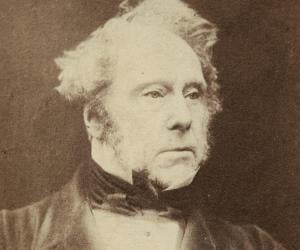
John Graves Simcoe was a British Army general best remembered for founding York (present-day Toronto, Canada). Simcoe, who served as the first lieutenant governor of Upper Canada, was responsible for introducing institutions like trial by jury, courts of law, freehold land tenure, and English common law. John Graves Simcoe also played a key role in abolishing slavery in Canada.
British army general Charles Cornwallis, 1st Marquess Cornwallis is best remembered for his stints as the governor-general of India and the viceroy of Ireland. Educated at Eton and Cambridge, he later started his army career with the Seven Years’ War. He was also part of the American War of Independence.
José de San Martín was an Argentine general who played an important role in the Spanish American wars of independence. San Martín is considered a national hero of Peru and Argentina. The Order of the Liberator General San Martín, the highest honor conferred by the government of Argentina, was created in his honor.
Georges Danton was a major figure in the early stages of the French Revolution. While many historians state that he played a key role in the establishment of the First French Republic, a few scholars refute this claim. He served as the first president of the Committee of Public Safety and was beheaded by the advocates of revolutionary terror.
As a child, Ethan Allen was fond of deciphering passages from the Bible. He grew up to co-establish Vermont and led the Green Mountain Boys during the American Revolutionary War. After failing to achieve Vermont’s separation from New York, he tried to unite Vermont with Canada.
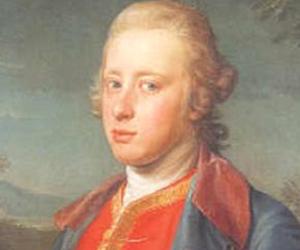
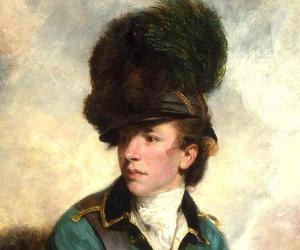
Banastre Tarleton was a British politician and general. He served in the American Revolutionary War where he was a lieutenant colonel. An iconic figure, Tarleton has been portrayed in several films, such as Sweet Liberty, The Patriot, and Amazing Grace. He has also been depicted in many TV series and novels.
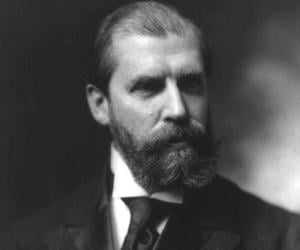
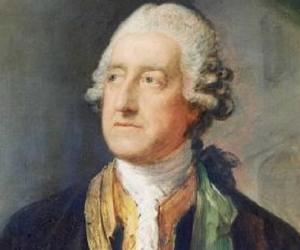
At age 10, John Montagu succeeded his grandfather, Edward Montagu, as the earl of Sandwich. The Eton- and Cambridge-educated statesman had held several important positions, such as the First Lord of the Admiralty. While gambling, he would often have bread and meat, leading to the delicacy being named “sandwich.”
While his clubfoot prevented him from joining the army and also earned him the nickname The Lame Devil, Charles Maurice de Talleyrand-Périgord later became the bishop of Autun. Known for his womanizing ways, he also went down in history as an opportunist who changed sides.
The sixth president of the United States of America John Quincy Adams played a key role in shaping America during its formative years. He helped develop the Monroe Doctrine, which eventually became a vital tenet of the U.S. foreign policy. He is also widely regarded as one of the greatest secretaries of state and diplomats in the American history.
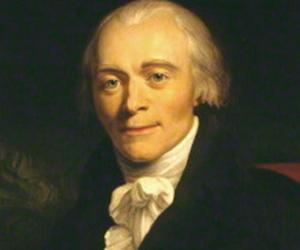
Spencer Perceval was an English barrister and statesman who served as the United Kingdom's Prime Minister from 1809 to 1812. The only solicitor-general to have served as UK's prime minister, Perceval was also the only British PM to have been murdered. His assassination inspired poems like Universal sympathy on the martyr'd statesman, which was published in 1812.
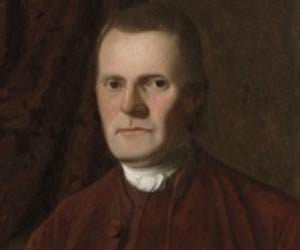
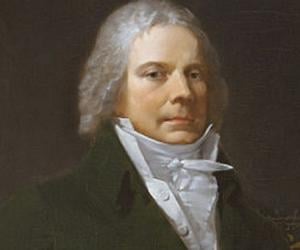
French diplomat and bishop Charles-Maurice de Talleyrand-Périgord is counted among the most pragmatic and prominent diplomats in European history. He served King Louis XVI and thereafter changed sides several times, serving at highest levels of successive French governments of Napoleon I, Louis XVIII and Louis Philippe I. He served as the first Prime Minister of France under Louis XVIII.
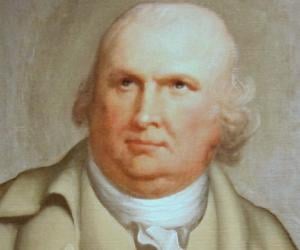
Robert Morris was an English-born merchant best remembered as one of the Founding Fathers of the United States. He was also one of the signers of the United States Constitution, the Articles of Confederation, and the Declaration of Independence. From 1789 to 1795, Robert Morris served as the United States Senator from Pennsylvania.
William R. King served as the vice president of the U.S. in 1853 and died 45 days after assuming his duties. He was a representative from North Carolina and an Alabama senator. He led to the drafting of the Compromise of 1850 and had also been a minister to France.
